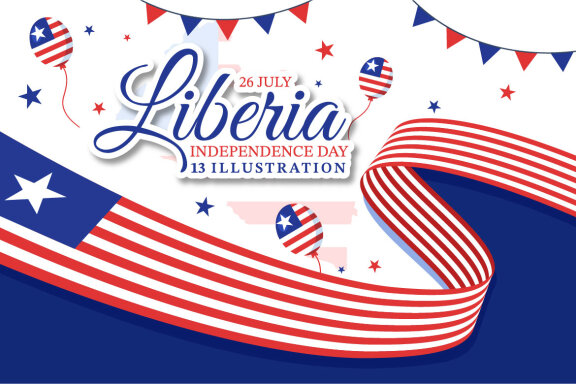Recent Developments in Liberia: A Comprehensive Overview

Understanding Liberia’s Current Landscape
As a country marked by its rich history and challenges, Liberia has been in the global spotlight due to its recent political developments and ongoing social issues. Located on the West African coast, Liberia was founded in the early 19th century by freed American slaves. Today, the nation faces various socio-economic hurdles but continues to strive towards recovery and growth.
Political Developments
The political climate in Liberia remains dynamic, particularly with the approach of the 2023 presidential elections scheduled for October. The incumbent President George Weah, who came into power in 2018, is seeking re-election amidst a backdrop of criticism regarding economic management and persistent poverty rates. Recent protests have highlighted public dissatisfaction surrounding issues such as inflation, lack of basic services, and corruption. The upcoming elections are seen as a pivotal moment in Liberia’s journey towards stability and democracy.
Economic Challenges and Opportunities
Economically, Liberia is still on the mend from the devastating effects of civil wars that lasted from 1989 to 2003. The economy primarily hinges on agriculture, mining, and remittances from abroad. Recently, the World Bank projected a modest growth rate for Liberia, yet serious challenges remain, including inadequate infrastructure, unemployment, and fluctuating commodity prices. In response, the government is pursuing reforms to attract foreign investment and bolster local entrepreneurship. Despite these efforts, many Liberians continue to live below the poverty line, particularly in rural areas.
Social Dynamics
Liberia’s social framework is also evolving. The country is home to diverse ethnic groups, with over 15 distinct languages spoken throughout the regions. Women’s rights have become a focal point, with activists demanding more significant representation in governmental positions and the workforce. Education and healthcare remain critical concerns, as many schools and clinics struggle with insufficient resources. International NGOs are working alongside local initiatives to address these issues, but progress is slow.
Conclusion
In summary, Liberia stands at a crossroads, grappling with its historical lineage while striving towards a more prosperous future. The upcoming elections could reshape its political landscape and provide new directions for policy reforms. With continued support from the international community and the resilience of its people, Liberia has the potential to overcome its challenges and emerge as a beacon of hope in West Africa. Readers interested in Liberia should watch the election developments closely, as they will significantly influence the country’s trajectory.








